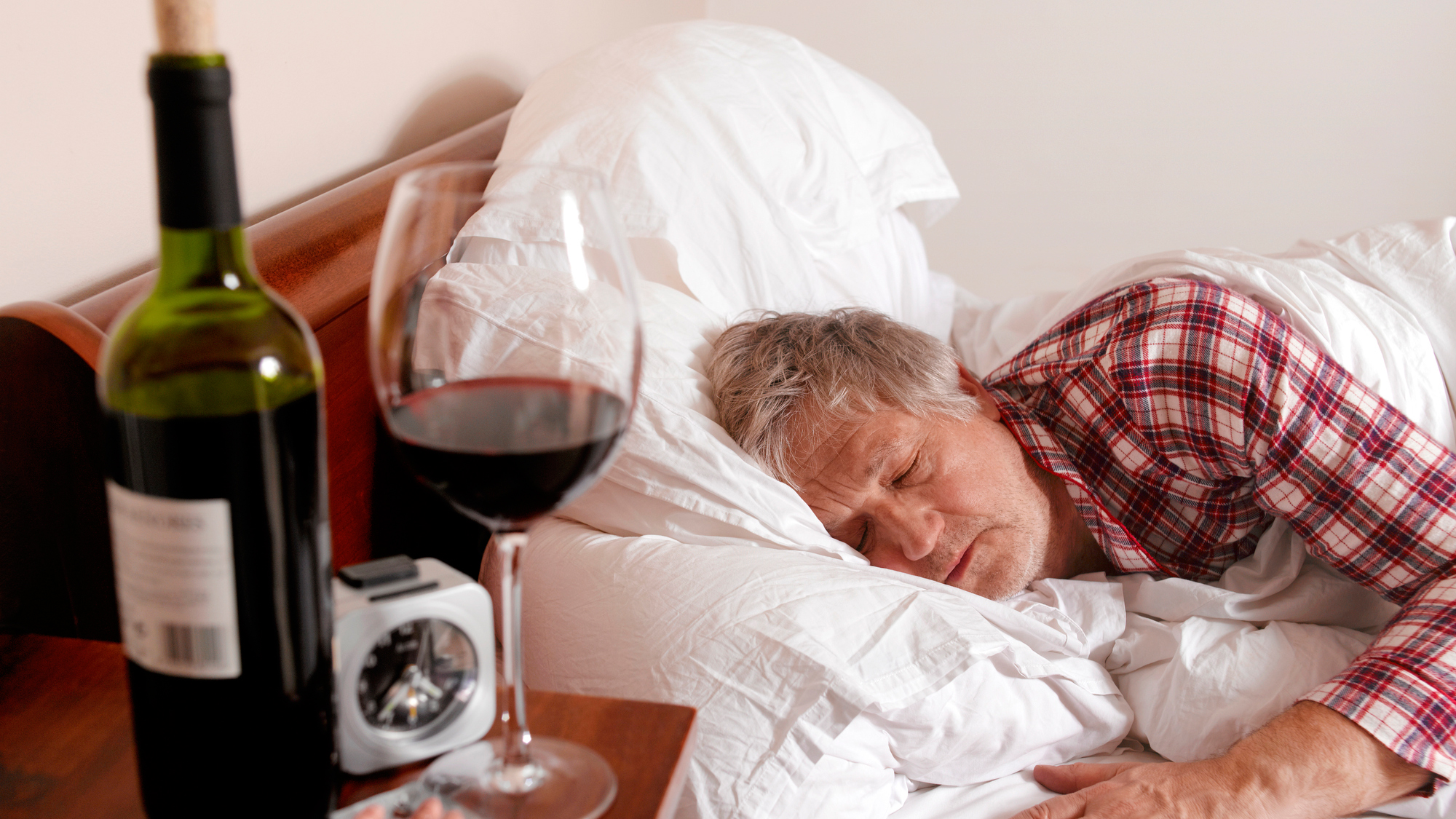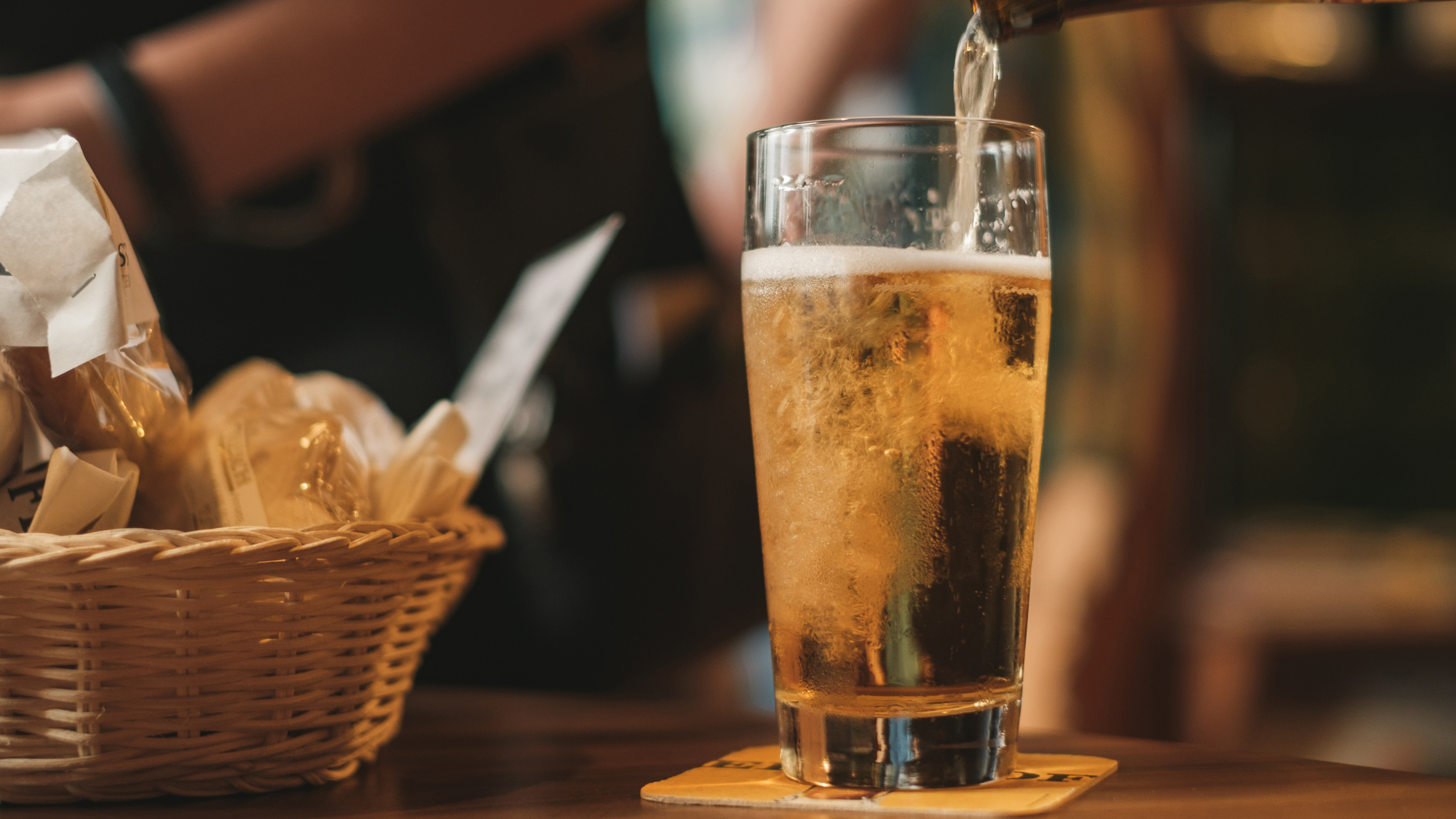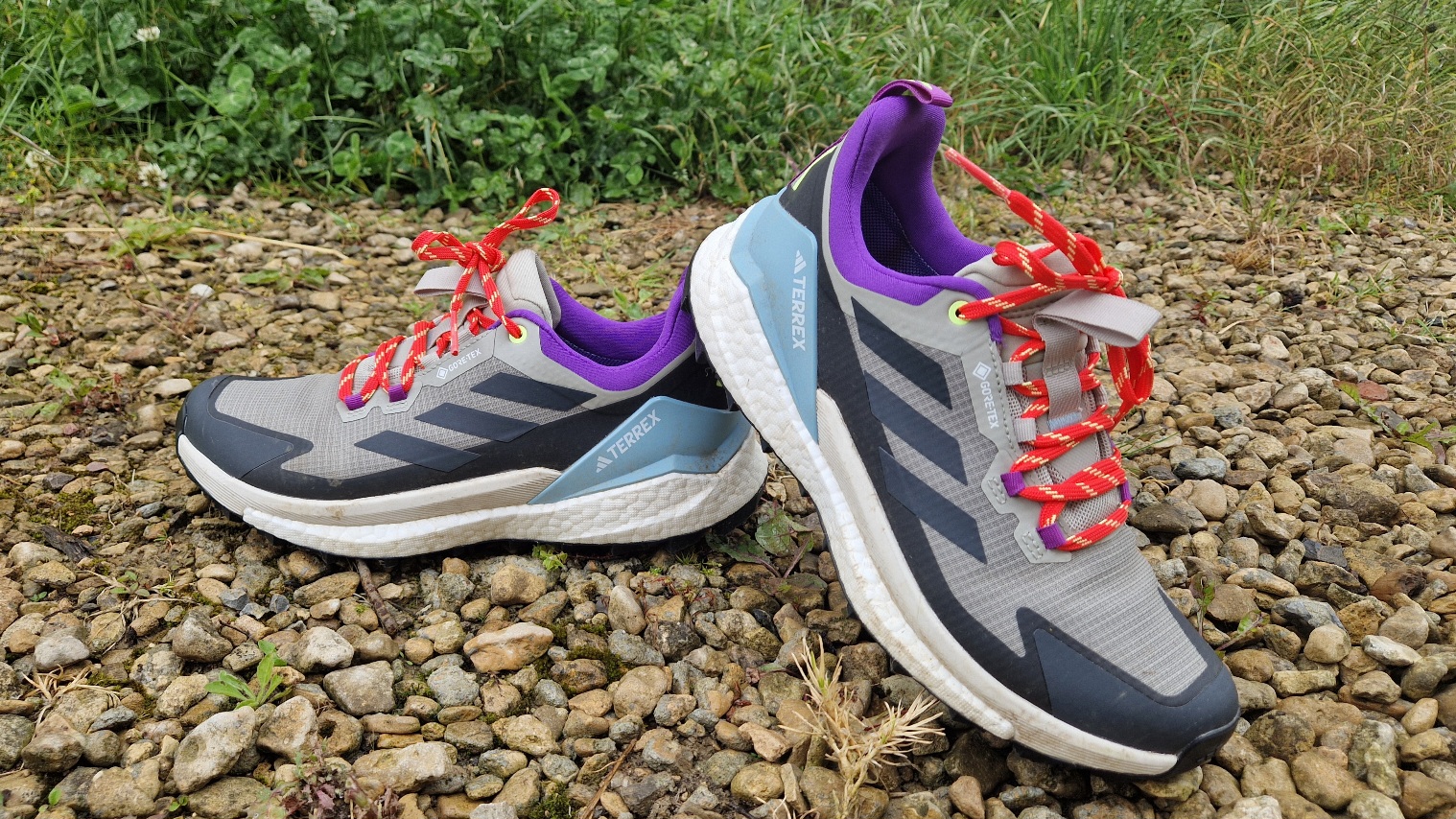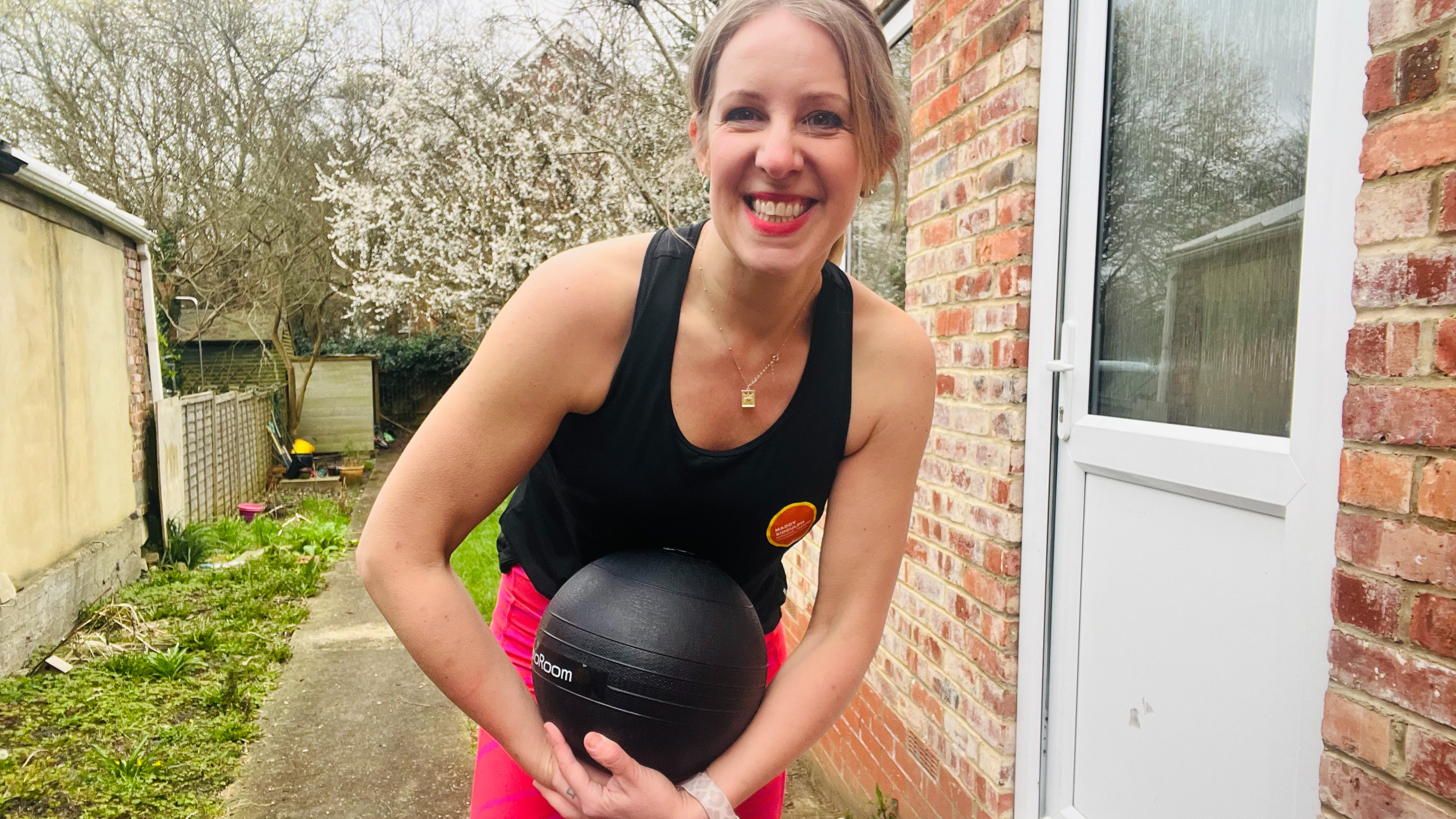Want better sleep? Eat healthy and quit drinking, says a new study
Abandoning alcohol and improving your diet can boost the quality of your sleep. Here's how


A lot of people use a nightcap – a quick sip of an alcoholic drink or two – to send them off into a good night's sleep. Likewise, the other sure way to feel drowsy is a big dinner, loading your body with lots of calories at once, which is sometimes called a "food coma". However, unhealthy eating habits and alcohol is only likely to make your sleep worse.
The best mattress toppers and mindfulness aids like the best diffuser for essential oils can help you drift off. However, a new study says that to really get better sleep, you need to ditch the booze and make sure you're maintaining a healthy diet.
Research from the University of Eastern Finland measured sleep-time heart rate variability on 252 overweight, psychologically distressed adults, before and after a short diet intervention consisting of a healthy eating pattern and no alcohol. Unsurprisingly, they found a healthier lifestyle was associated with better physiological recovery during sleep.

Not only did the participants actually sleep better, but their bodies were better able to repair themselves during sleep.
We don't know exactly why humans need to spend a third of their lives asleep, and for years, people have been trying to find ways to shorten their sleep time while remaining healthy and productive. But apart from a few outliers, it can't be done. We need a sufficient amount of good quality sleep to function at our best, mentally and physically. If it means skipping a few beers and eating salad rather than a burger a few times a week, we're all for it.
The effect is likely cumulative. Less alcohol and a healthier diet means weight loss, which is likely to reduces instances and risks of sleep apnea. Obstructive sleep apnea, which is what happens when your breathing starts and stops during the night due to obstruction, is more common in overweight and obese people. Less obstruction means better sleep.
You're also more likely to be moving more if you're healthier, and exercise is associated with fewer sleep problems according to John Hopkins University. Even walking for weight loss can help, and as a low-intensity exercise, it's a great way to get started. All you need is half an hour, some comfortable clothes, and a pair of the best walking shoes to get started.
Get the Fit&Well Newsletter
Start your week with achievable workout ideas, health tips and wellbeing advice in your inbox.
Matt Evans is an experienced health and fitness journalist and is currently Fitness and Wellbeing Editor at TechRadar, covering all things exercise and nutrition on Fit&Well's tech-focused sister site. Matt originally discovered exercise through martial arts: he holds a black belt in Karate and remains a keen runner, gym-goer, and infrequent yogi. His top fitness tip? Stretch.
-
 This might be your last chance to get my favorite waterproof walking shoe, and it's 25% off
This might be your last chance to get my favorite waterproof walking shoe, and it's 25% offDeal These Adidas Gore-Tex shoes are the most watertight I've tested
By Lou Mudge
-
 I tried wall balls for 30 days and the results surprised me
I tried wall balls for 30 days and the results surprised meTry this fitness challenge to boost total body strength
By Maddy Biddulph